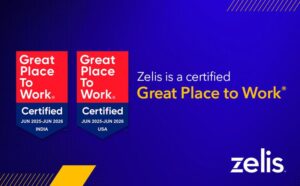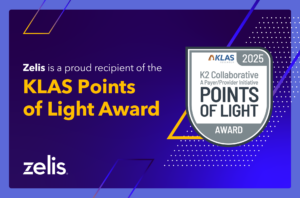The latest IDR ruling, which is part of the No Surprises Act (NSA), outlines the mediation process between payers and out-of-network providers after they can’t come to an agreement of reimbursement. These new rules ensure excessive out-of-pocket costs are restricted and emergency services are covered regardless of whether a provider is in-network.
Simply put, if a provider receives an initial payment for payer-allowed charges on an eligible NSA claim, the provider then has 30 days to start an open negotiation period with the payer. When those 30 days are up, if the payer and provider or facility haven’t agreed on a payment amount, either party has four days to initiate the IDR process using the federal IDR portal.
Once the open negotiations period is closed, the IDR process typically goes as follows:
- The parties agree upon a third-party arbitrator, or let the selection fall to the HHS. This is known as a certified IDR entity. They will be in charge of deciding the final payment amount.
- Both the provider and the payer then submit payment offers to the IDR entity, as well as any additional information in support of their offer.
- The IDR entity selects from the two disputing parties’ offers. The provider and plan must abide by the entity’s decision. Payment is made within 30 calendar days of the decision.
Main points for payers
This process really boils down to two main friction points: negotiation and IDR support.
As such, organizations need to have good communication with everyone involved. And that comes down to picking the right solutions vendor.
First and foremost, you need a vendor who can price provider claims to a fair market acceptable rate. If a provider doesn’t agree with the reimbursement, you need a partner who not only has provider relationships but also has provider negotiation skills.
Be wary of vendors who taut a high IDR ‘win’ rate. Consider asking “how are you pricing claims?” The vendor may be pricing to a higher amount in an effort to avoid negotiation or IDR’s.
You need a partnership with a vendor who will continue to bring value to out-of-network claims and go to the mat in IDR when necessary.
One of the vital areas of support is the open provider negotiation period. With full engagement from your vendor, as well as the provider, your organization could potentially settle outside of the IDR process. In fact, CMS regulators have made it clear they believe strongly in the negotiation process and feel many IDRs could be avoided if both parties are willing to negotiate and reach an agreement.
The impetus behind requests for arbitration largely stem from a prevailing belief among providers that the QPA just doesn’t match reimbursement expectations. Many providers are accustomed to reimbursements that are much higher than current QPAs, so, of course, many of these providers see no choice but to challenge through IDR.
Which begs the question: Would you rather never see a provider dispute and over pay by multiples of Medicare, or go to negotiation (or even arbitration) in the hopes that your reimbursement amount is somewhere a little closer to earth?
Keep in mind that negotiation is a healthy part of the process. To truly optimize your savings, you need to be comfortable going to negotiation and allowing open communication with providers and facilities to gain a better understanding. Be wary of vendors whose main selling point is that they keep you out of disputes.
After all, when was the last time you walked into a car dealership and accepted the sticker price on the car you were eyeing or agreed to the first price the salesman offered? Just as you negotiated a deal for your new car, you should expect your vendor to save you money by properly pricing a claim and negotiating that claim on your behalf.
The wrap up
Both the NSA and Transparency in Coverage Rule (TiC) legislation, as well as their corresponding rulings and updates, will have long-term implications across the healthcare ecosystem. But these mandates serve as an opportunity to develop innovative solutions that leverage the current healthcare industry in creative ways.
And while the IDR process has been operationalized since January, CMS is still working on process improvements, such as considering more than just the QPA when determining reimbursement amounts, including a notice of offer form, and introducing process initiation screening questions.
Bottom line: you’re going to need a vendor who can do more than just “keep you out of disputes.”
For more information on CMS’ latest regulation and legislative activities, read our blog here.
Get the latest articles, events, webinars, and more in our monthly digest.




